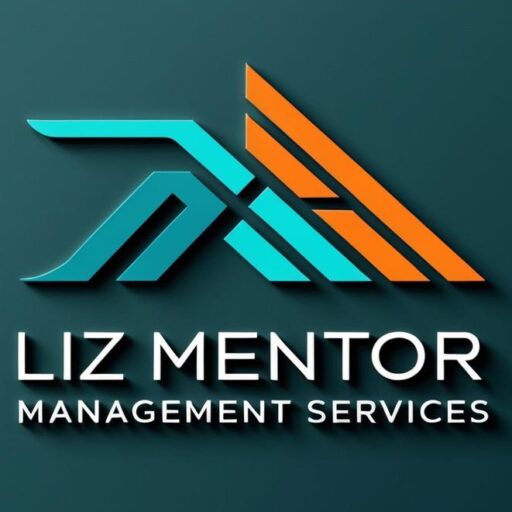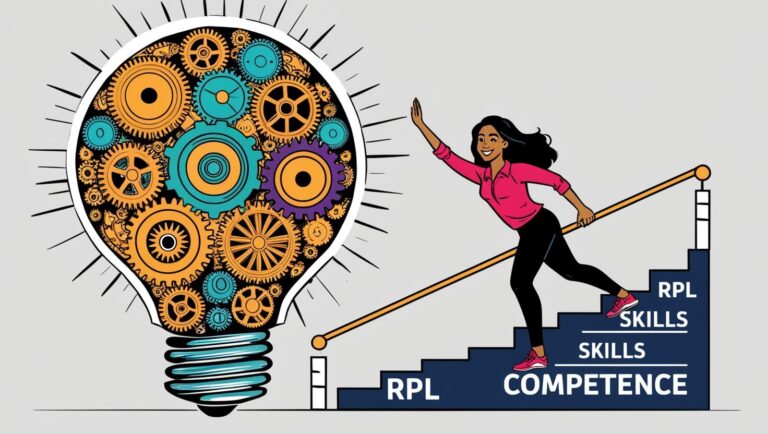Recognizing Learning Events – Turning Experience into Business Wisdom
In the fast-paced world of business, it’s easy to get caught up in day-to-day operations and overlook one of the most powerful tools for growth: learning from experience. Every decision, success, and setback is a potential learning event, offering insights that can strengthen your judgment, sharpen your strategy, and enhance your overall business acumen. Module Five of the Business Acumen course, “Recognizing Learning Events,” provides a roadmap for turning everyday experiences into actionable knowledge that drives smarter decision-making and sustainable success.
Why Learning Events Matter
Businesses thrive not just on strategy, but on how quickly and effectively they learn from their experiences. Learning events are moments—both big and small—where insight can be gained. These may range from a product launch that exceeded expectations, to a project that failed due to unforeseen challenges, or even interactions with customers that revealed gaps in service. Recognizing these moments allows organizations and individuals to pause, reflect, and extract value from what has occurred.
For leaders, identifying learning events is critical. Every decision carries lessons that, if properly analyzed, can inform future actions. It’s not about dwelling on mistakes or celebrating successes superficially; it’s about deep, honest reflection that fuels continuous improvement.
Developing a Sense of Always Learning
The first step in leveraging learning events is cultivating a mindset of continuous learning. This mindset transforms the way you perceive outcomes. Successes are celebrated, yes—but they are also analyzed to understand what factors contributed to the positive results. Failures are not feared; instead, they are dissected to reveal root causes and opportunities for improvement.
For example, if a marketing campaign underperforms, a learning-oriented professional doesn’t just stop at acknowledging the low results. They ask: Were the target demographics correctly identified? Was the messaging compelling? Did timing or platform choice impact the outcome? By continuously asking these questions, learning becomes an integral part of daily operations rather than a reactive exercise.
Evaluating Past Decisions
One of the most tangible ways to recognize learning events is by evaluating past decisions. Reflective analysis allows leaders to see patterns, identify recurring challenges, and uncover successful strategies that can be replicated.
Consider a team that consistently misses project deadlines. By evaluating past projects, managers may discover that communication breakdowns were a common issue, or that resource allocation was misaligned with project requirements. These insights provide actionable lessons, allowing for process improvements that reduce risk and enhance efficiency moving forward.
Problems as Learning Opportunities
A critical aspect of recognizing learning events is reframing challenges. Every problem is a potential learning opportunity. While setbacks can be frustrating, they also provide the chance to uncover hidden weaknesses, rethink strategies, and innovate solutions.
Take, for instance, a new product launch that fails to capture market share. Instead of seeing this as a loss, a business-savvy leader would explore why the product didn’t resonate. Was there a gap in market research? Did customer expectations differ from product features? By dissecting the situation, the organization gains knowledge that can inform future launches, mitigating similar risks and enhancing overall business acumen.
Recognizing Your Blind Spots
Even experienced professionals have blind spots—areas of weakness or bias that prevent them from seeing the full picture. Learning events provide a mirror, highlighting these areas so they can be addressed. Recognizing blind spots requires humility and a willingness to challenge assumptions.
For example, a sales manager may assume that aggressive outreach drives results. However, a learning event, such as declining engagement despite increased outreach, can reveal that the team’s approach is misaligned with customer preferences. Acknowledging this blind spot allows for a strategic pivot, ultimately improving performance.
Case Study: Learning from Experience
Imagine a mid-sized technology firm that launched a new software solution. The first release suffered from multiple bugs, leading to customer complaints and negative reviews. Instead of viewing the launch as a failure, the leadership team framed it as a learning event.
They systematically reviewed the development process, identifying communication gaps between teams, missed quality checks, and insufficient customer testing. By applying these lessons to future releases, the company improved product quality, reduced customer complaints, and accelerated development cycles. The initial setback became a catalyst for stronger processes and more informed decision-making.
Embedding Learning Events into Organizational Culture
Recognizing learning events is not just an individual practice—it’s an organizational imperative. Companies that embed learning into their culture encourage employees at all levels to reflect on experiences, share insights, and implement improvements.
Practical strategies include:
Regular Debriefs: Teams review completed projects or campaigns to identify successes and lessons learned.
Knowledge Sharing: Insights are documented and shared across departments to prevent repetition of mistakes and replicate successes.
Celebrating Reflection: Organizations recognize employees who actively identify and apply learning from experiences, reinforcing the value of continuous improvement.
When learning becomes part of the company DNA, decisions are more informed, risks are better managed, and overall business performance improves.
Turning Learning into Action
The ultimate goal of recognizing learning events is actionable insight. Reflection alone is not enough; the lessons must be applied to real-world decisions. By turning knowledge into action, organizations strengthen their competitive edge and ensure that mistakes are minimized while successes are amplified.
For example, if a past project suffered from delayed timelines due to unclear responsibilities, the organization can implement clearer role definitions in future projects. If a product feature proved particularly popular with users, future developments can be guided by similar design principles. Every learning event becomes a building block for smarter decisions and improved outcomes.
Conclusion
Module Five of the Business Acumen course, “Recognizing Learning Events,” empowers professionals to transform experiences into strategic insights. By developing a mindset of continuous learning, evaluating past decisions, reframing problems as opportunities, and addressing blind spots, business leaders and employees alike can turn uncertainty into a powerful driver of growth.
Recognizing learning events is more than a skill—it’s a philosophy. It fosters reflection, encourages innovation, and cultivates a culture where mistakes are not feared but leveraged. Organizations and professionals who embrace this approach not only navigate challenges more effectively but also achieve greater long-term success.
In the modern business environment, the ability to extract wisdom from experience is not optional—it’s essential. Learning events, when recognized and acted upon, provide the foundation for better decisions, stronger strategies, and enhanced business acumen.



